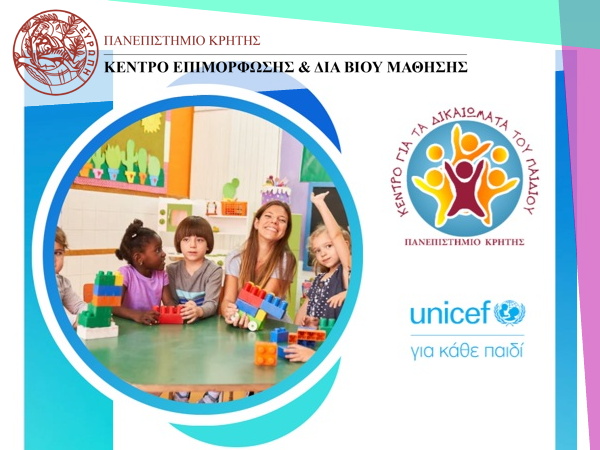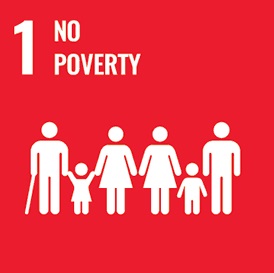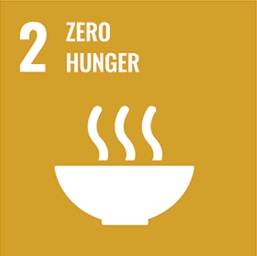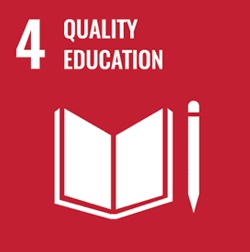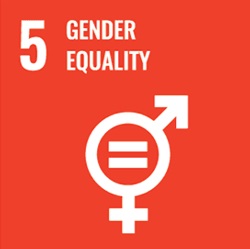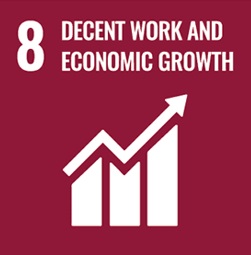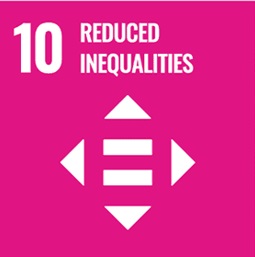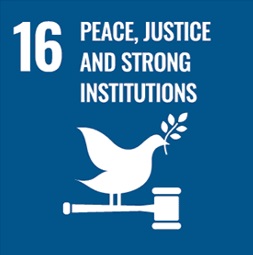Course objective
The relationship between education and children's rights is intertwined, as education is not only one of their rights, but also a broader means of realising children's rights. At the same time, there is a two-way relationship between children's rights and education; education is considered the primary means of promoting children's rights and, conversely, children's rights clearly incorporate the right to education. Because of this relationship, in one form or another, the role and nature of education in establishing a culture of children's rights is brought to the fore. Recognizing the importance of education for children's rights, the role of teachers in effectively supporting it in the school environment inevitably comes to the fore. In this context, training teachers on children's rights issues is a necessary strategy to achieve this goal. For this reason, the Convention on the Rights of the Child, as well as General Comment 5 of the Committee on the Rights of the Child, highlight the importance of training teachers on children's rights. In particular, beyond the general provision of Article 42 on the dissemination of the Convention on the Rights of the Child with a view to establishing a social culture that recognizes and respects the rights of the child, the Committee on the Rights of the Child recognizes the importance of systematic and specialized training for all professionals, and in particular teachers, on children's rights. This general requirement is reiterated [1] by the Committee on the Rights of the Child in Greece in its recommendations (2022) following its evaluation of the Greek state's report on the implementation of the Convention in Greece.
In conclusion, the aim of the program is to train teachers, which is a key element of critical pedagogy, based on the understanding that teachers should not only be transmitters of knowledge but also active agents of social change. Through training in children's rights, teachers acquire the necessary knowledge and skills to integrate the principles of children's rights into their teaching and pedagogical practice, helping to cultivate awareness and respect for rights among students, contribute to the creation of a school environment that promotes children's rights, and protect children's rights within the school environment.


